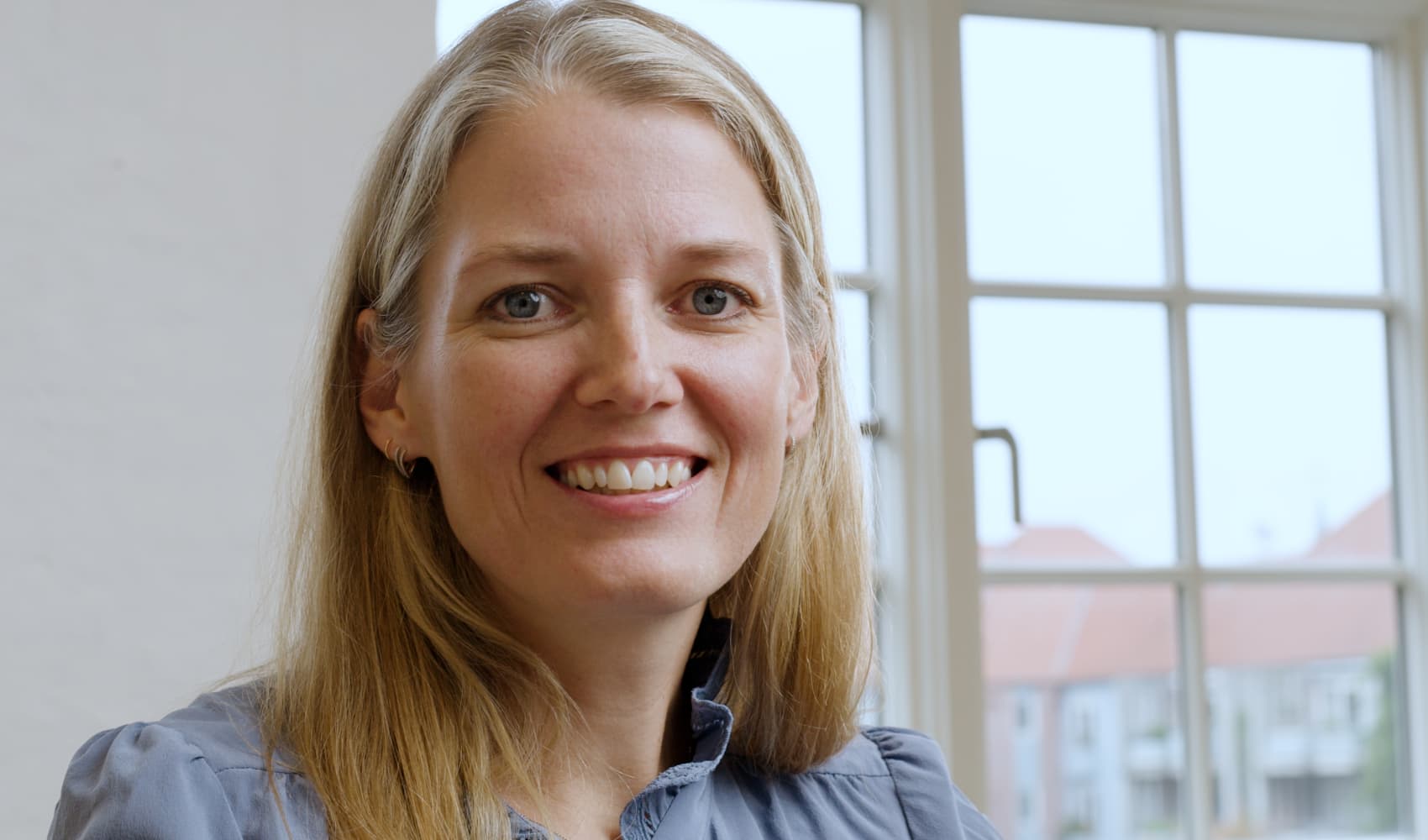May Wong rarely goes out these days, afraid of being assaulted on the street in New York City. One exception is a senior center near Manhattan’s Chinatown, where she attends a self-defense class.
She is there twice a week to learn what to do if someone accosts her.
“Now, if anyone harasses me, I can help defend myself a little,” said Wong, who is in her 70s and retired from a job in a garment factory.
She was among about a dozen mostly women who lined up one weekday morning at University Settlement senior center, pushing away an instructor with a kick. She has heard of people being shoved onto subway tracks and worries, though she has not been attacked herself.
“I do get snubbed when I try to greet others,” she said.
The number of anti-Asian hate crimes jumped with the coronavirus pandemic and they have not subsided. Across the country, a total of 10,370 were reported to the organization Stop AAPI Hate from the beginning of the March 2020 through September 2021. Of those, 44% occurred in 2020 and the remaining 56% in 2021.
“It’s been severe, this situation,” Wong said. “It’s been especially bad this year.
U.S. & World
Stop AAPI Hate was launched in March 2020 in response to what it described as the “alarming escalation in xenophobia and bigotry resulting from the COVID-19 pandemic.” A coalition of the Asian American Studies Department of San Francisco State University, the Asian Pacific Policy and Planning Council and Chinese Affirmation Action, it tracks and responds to attacks, harassment and discrimination.
Self-defense classes like this recent one in New York City have sprung up across the country, from Boston and Philadelphia to Los Angeles and San Francisco, and the motivations of the students are the same.
Get a weekly recap of the latest San Francisco Bay Area housing news. Sign up for NBC Bay Area’s Housing Deconstructed newsletter.
“I’m not fooling myself that I can go out and if there’s this big attacker I can, you know, kick his butt,” Miya Iwataki, who is in her 70s, told Spectrum News in Los Angeles, “but I do want to learn how to keep safe in situations.”
A longtime anti-racism activist, she was learning karate skills over the summer.
In Philadelphia in May, Linda Wei and her mother, Jean Wei, who was visiting from Ohio, took lessons from instructors from a kung fu school in the city. Afterward, Jean Wei told The Philadelphia Inquirer that she might have gained the confidence to resume her morning walks.
At University Settlement, a 135-year-old organization that fights poverty and inequality, Sammy Yuen has been teaching the classes with the help of his friend, Kit Yeung. Yeung speaks Cantonese while Yuen does not. The goal is for everyone to get where they are going safely, he said.
“The last thing you ever want to do is engage,” he said. “You always just want to get away. You just want to give yourself as much time as possible to get away. And this is really just about buying time, understanding your space, and trying to find an exit or safe way out.”
Yuen, who also is a freelance designer and children’s book illustrator, said he was frustrated when the attacks against Asians and Asian Americans began increasing last year and he did not know how to help. But he had studied martial arts under his father and leapt at the chance to teach the seniors. It has been rewarding to watch their self-confidence grow, he said.
“A lot of the participants at first were shy or timid, thinking they couldn’t do these moves or this wouldn’t help them or they were scared of what they see on the news,” he said.
Seventy-one-year-old Mary Yuen teaches beading, takes dance classes with her sister, a professional dancer, and helps out older friends. She said that the self-defense class was more than she had expected. She had learned a lot.
“I’m not angry at those people,” Yuen, who is not related to Sammy Yuen, said of the attackers. “I just feel like we do need a lot of help.”
The University Settlement community was affected early on by both the pandemic and rising anti-Asian hate crime, said the settlement’s chief executive officer, Melissa Aase. Social workers and others worried that the confluence of the two would lead to even more isolation among older people.
“People were hearing of loved ones experiencing the pandemic in China,” she said. “People were seeing restaurants and businesses close down and be boycotted and people were experiencing racial epithets on the street and violence among neighbors.”
According to an October poll, one in four Asian Americans had feared for the safety of members of their household over the last few months because of their race or ethnicity. The poll was conducted by National Public Radio, the Robert Wood Johnson Foundation and the T.H. Chan School of Public Health at Harvard University.
A Stop AAPI Hate National Report released on Sept. 30 found that verbal harassment continued to make up most of the incidents reported to group at 63% of the total. Shunning and physical assaults each made up about 16%, civil rights violations, including workplace discrimination to amounted to about 11% and online harassment came in at nearly 9%. Women were most often the targets accounting for 62% of the reports.
May Wong asks that people to stop harassing Asians.
“Speaking honestly, we are simple people,” she said. “Our children are sincere and hard-working. I worked in factories to make a living here. But now that we’re all old and retired we just want to live peacefully in this country. I really love America, so I hope that others will not harass or attack us.”



